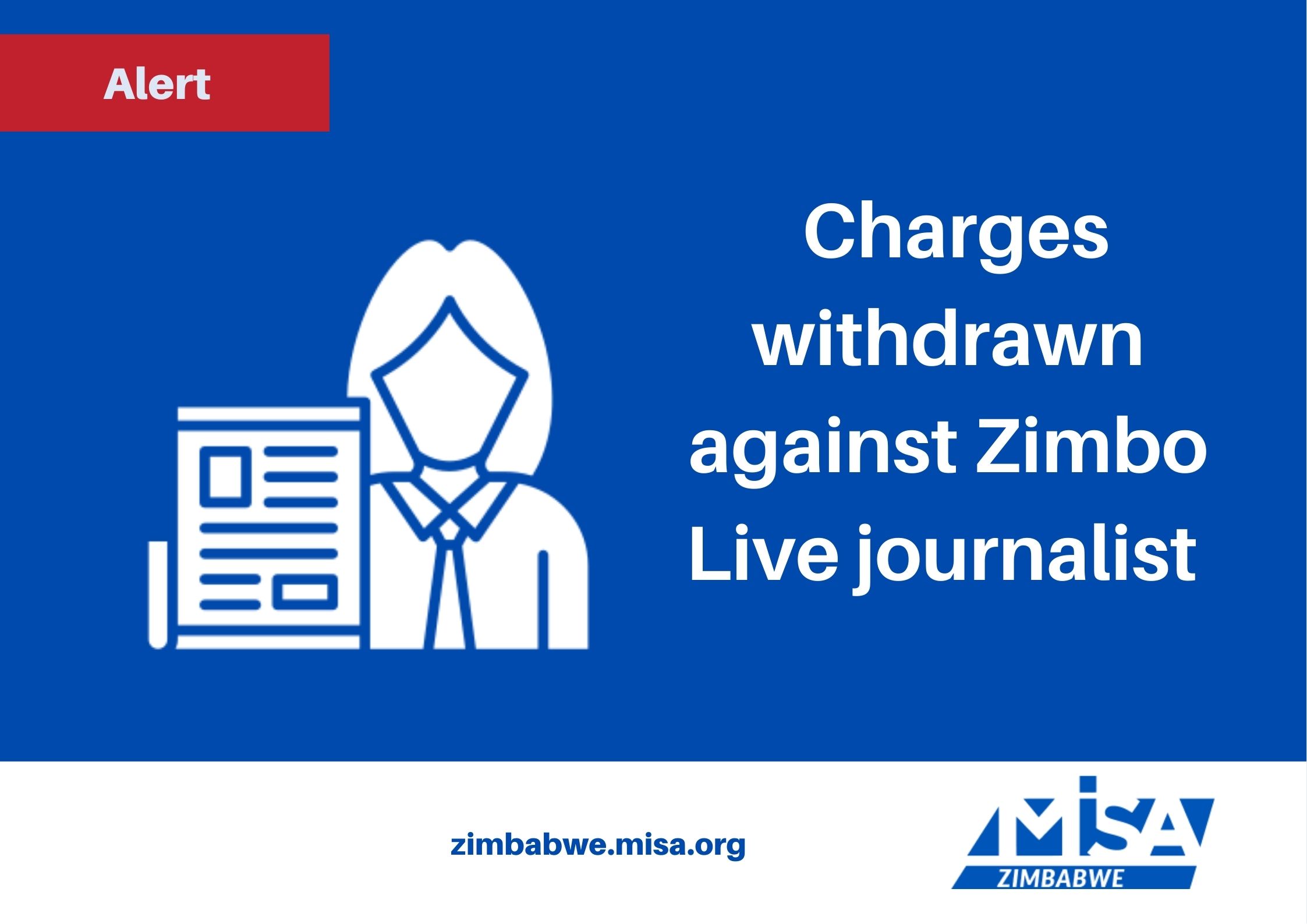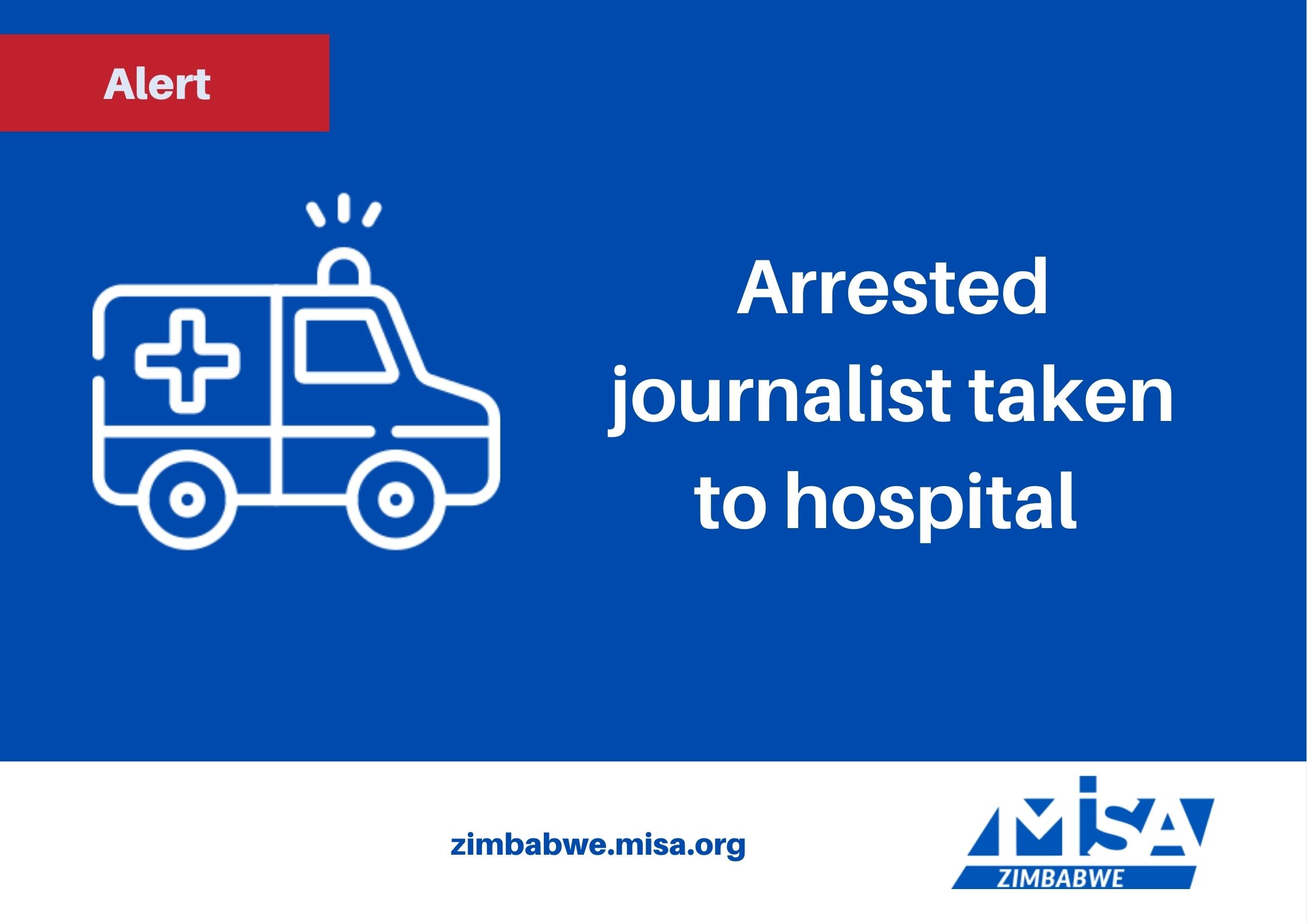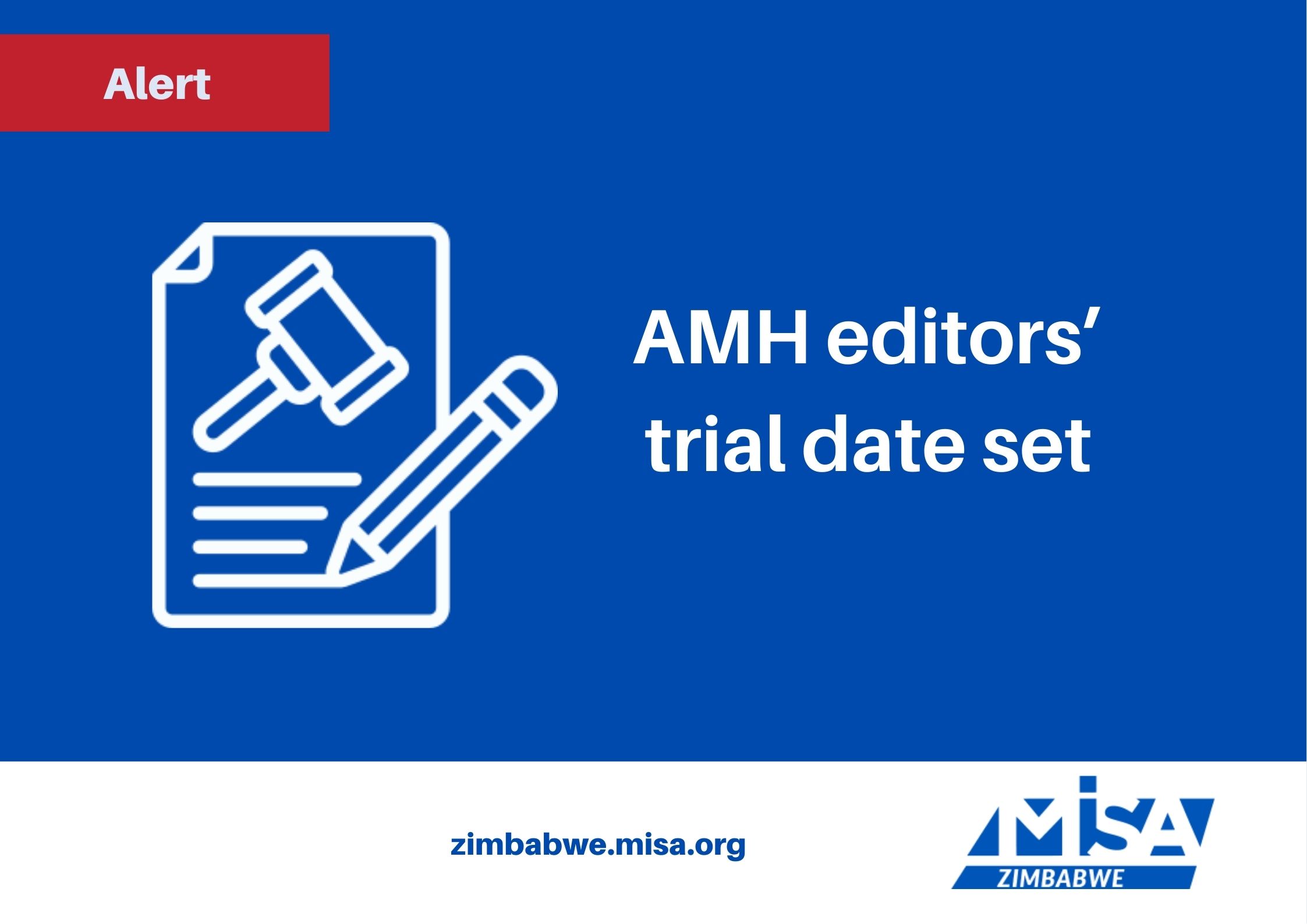Presented by Dr Tabani Moyo (MISA Regional Director)
An age of democratic backsliding
Chairperson, Honourable Commissioners, state delegates, ladies and gentlemen, the Media Institute of Southern Africa MISA presents this statement during the 77th Session of the African Commission on Human and Peoples’ Rights (ACHPR).
This session is critical as we commemorate the International Day to End Impunity for Crimes against journalists. Last year, we commemorated the 10th anniversary of the United Nations Action Plan on the Safety of Journalists. Instead of celebrating progress over the past decade, we are witnessing democratic backsliding across the globe in general and in Southern Africa in particular, which is characterised by shrinking civil space.
● Shrinking civil space
Over the past few years, we have witnessed an increase in the number of countries that have introduced legislation that unimaginably constricts civil space. Southern African countries have claimed that the civil society laws they have introduced are meant to ensure these nations comply with the Financial Action Task Force (FATF) recommendations. The FATF recommendations, particularly Recommendation 8, which focuses on NGOs and the potential use of NGOs as vehicles for money laundering and terrorism financing, have become an albatross around the necks of civil society in Southern Africa. For example, Angola and Mozambique are in the process of enacting NGO laws. Malawi and Tanzania have enacted similar legislation, while Zimbabwe’s PVO Amendment Bill has been returned to the legislature.
We believe there is a need to engage the FATF on the far-reaching consequences of this legislation, and the ACHPR could be the right conduit for such a discussion. While the recommendation was well-meaning, the way it is implemented could have far-reaching consequences for civil society to play its watchdog role effectively, which could affect the quality of democracy. Instead of engaging individual governments on an ad hoc basis on these laws, the ACHPR could be the right platform to engage the continent collectively with the FATF to provide clarity and prevent democratic backsliding.
● Impunity for crimes against journalists
In 2022, we were optimistic that Southern Africa had turned the corner regarding attacks against journalists. However, we were jolted back to reality by the death of Ralikonelo Joki, the Lesotho broadcaster, who was shot and killed as he drove out of his work of employment. Before his death, Joki received death threats through social media platforms. The threats went uninvestigated. In the aftermath of Joki’s death, other journalists received similar death threats on social media. These were not investigated as well.
On March 28 this year, Blandina Sembu, a presenter with Tanzania’s ITV and Radio One (local stations), was found dead and her body thrown by the roadside. Her death remains unresolved. I want to point out that these deaths follow the enforced disappearance of the Mozambican journalist Ibrahimo Mbaruco, who has been missing for over three years. There is a lack of transparency in investigations over his disappearance. Furthermore, the Tanzanian journalist Azory Gwanda is yet to be accounted for several years after he went missing.
Impunity for crimes against journalists breeds self-censorship from media workers, who will resort to self-preservation and, ultimately, the death of investigative journalism. Where there is no investigative journalism, authorities are not held to account, leading to the death of democracy. This is the democratic backsliding alluded to earlier.
● Cybersecurity laws and surveillance
Artificial Intelligence’s growth in Southern Africa adds a new layer of uncertainty for an already vulnerable media fraternity. Surveillance is a massive threat to freedom of expression in the region. Governments must be more transparent in deploying surveillance equipment and the information they seek. As I have presented on this platform, a report released three years ago named Botswana, Zambia and Zimbabwe as the countries deployed surveillance equipment from the Israeli firm Circles. None of these countries have responded to the report, with this issue not even being discussed in the legislatures of any of these countries.
In countries with pervasive surveillance, sources of journalistic information and whistleblowers are too afraid to communicate with journalists. When whistleblowers cannot shine the light on dark spots because they fear surveillance, you know that democratic backsliding is in full motion and democracy is under threat.
Without proper safeguards for human rights, cyber security laws can be misused to stifle freedom of expression. Protecting human rights ensures that individuals can express their thoughts and opinions online without unwarranted interference or censorship. In particular, all laws must protect journalists’ work and sources.
In cases where governments are not transparent with how they use surveillance equipment, there is every reason to worry that deploying unchecked AI could be detrimental to freedom of expression and the media. This is because AI can be used for propaganda, misinformation, and disinformation. Information disorders are particularly worrisome because they can potentially affect public participation and citizen engagement.
Surveillance has a gendered aspect to it as well. This is recognised in the ACHPR Resolution 522 on protecting Women Against Digital Violence in Africa. Particularly so on the resolutions to undertake measures to safeguard women journalists from digital violence, including gender-sensitive media literacy and digital security training; and to repeal vague and overly wide laws on surveillance as they contribute to the existing vulnerability of female journalists.
• Elections and Expression
2023 – 2024 will be recorded as heavy on the region, with ten elections in 24 months. Elections, by their nature, due to the levels of contestation, exert pressure on expression and the media in the region. In 2024, we have a mixed bag of local, provincial, constituency and presidential elections in South Africa, Mozambique, Mauritius, Madagascar (2nd round), Botswana, Namibia and Malawi
Historically, the ACHPR, through its special mechanisms, contributed immensely as part of the shield upon which the peoples of the continent and region rely on as they escalate their struggles to promote and defend this centre-pivot right, upon which the rest of the enjoyment of the rights rests on. MISA stands ready to support the commission’s work in keeping the countries headed to elections in check.
MISA remains open to constructive engagement with the governments of Southern Africa through the Southern African Development Community secretariat.
We, however, urge the ACHPR to encourage the Governments of SADC to:
● Domesticate the United Nations Plan of Action for the Safety of Journalists so that the safety of journalists is guaranteed by law
● Ensure that the cybersecurity regulation is informed by the ACHPR Declaration on Freedom of Expression and Access to Information’s revised principles, which recognise the internet as a right.
● Domesticate the ACHPR Resolution 522 so that female journalists are protected online.
● Be transparent in how surveillance is used, and this should always be with judicial oversight.
Thank you!
The statement by MISA Regional Secretariat Director, Dr Tabani Moyo, was presented at the 77th Ordinary session of the African Commission of Human and People’s Rights in collaboration with the African Freedom of Expression Exchange (AFEX) on the 25th of October 2023, Arusha, Tanzania.













